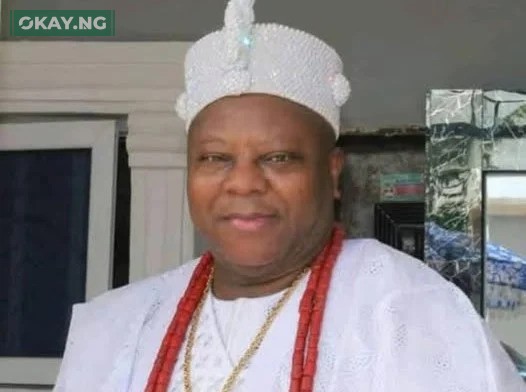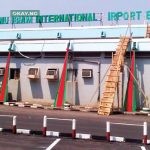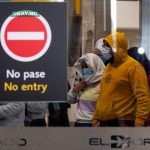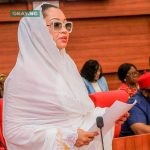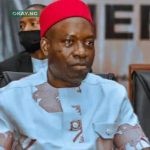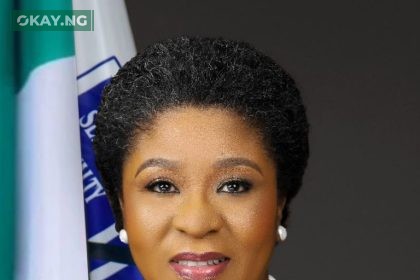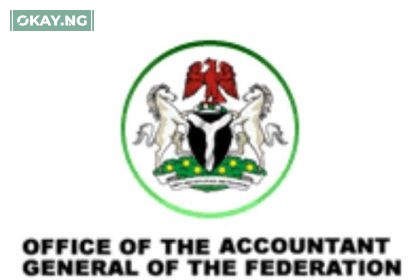A Nigerian traditional ruler and a pastor are now at the center of a major fraud case in the United States after admitting to charges tied to the misuse of COVID-19 relief funds.
The monarch, Joseph Oloyede, known as the Apetu of Ipetumodu in Osun State, alongside Edward Oluwasanmi, a pastor, have both pleaded guilty to their roles in what US prosecutors described as a scheme that siphoned off over $4.2 million from federal pandemic support programs.
Court proceedings revealed that Oluwasanmi secured the funds using a network of companies — Dayspring Transportation Limited, Dayspring Holding Incorporated, and Dayspring Property Incorporated. Instead of applying the relief money toward the businesses as required by US law, prosecutors said he funneled the funds into personal expenses, including the purchase of commercial real estate in Ohio.
The fraud, uncovered by US investigators, has been described as part of a wider crackdown on abuses of the country’s COVID-19 financial support systems.
The pair were initially charged on 13 counts, including wire fraud, money laundering, and conspiracy to commit fraud. While Oluwasanmi entered his guilty plea earlier this month, admitting to three of the charges, Oloyede followed with his own guilty plea on Monday, according to court filings.
The sentencing hearing for both men has been fixed for July 2, with the possibility of significant prison time depending on the judge’s final ruling.
The case has drawn attention not just because of the size of the fraud, but also because of Oloyede’s royal status. The monarch, crowned in 2019, often spent long periods outside Nigeria, traveling between the US and home for what were described as “royal and personal engagements.” His extended absences had already sparked concern among people in Ipetumodu, where the throne was said to have remained vacant for months at a time.
It was not until US authorities confirmed the arrests in April 2024 that residents learned of Oloyede’s involvement in the fraud case.
The US Department of Transportation, which led part of the investigation, said the arrests came after months of monitoring suspicious transactions tied to COVID-19 business relief funds.


